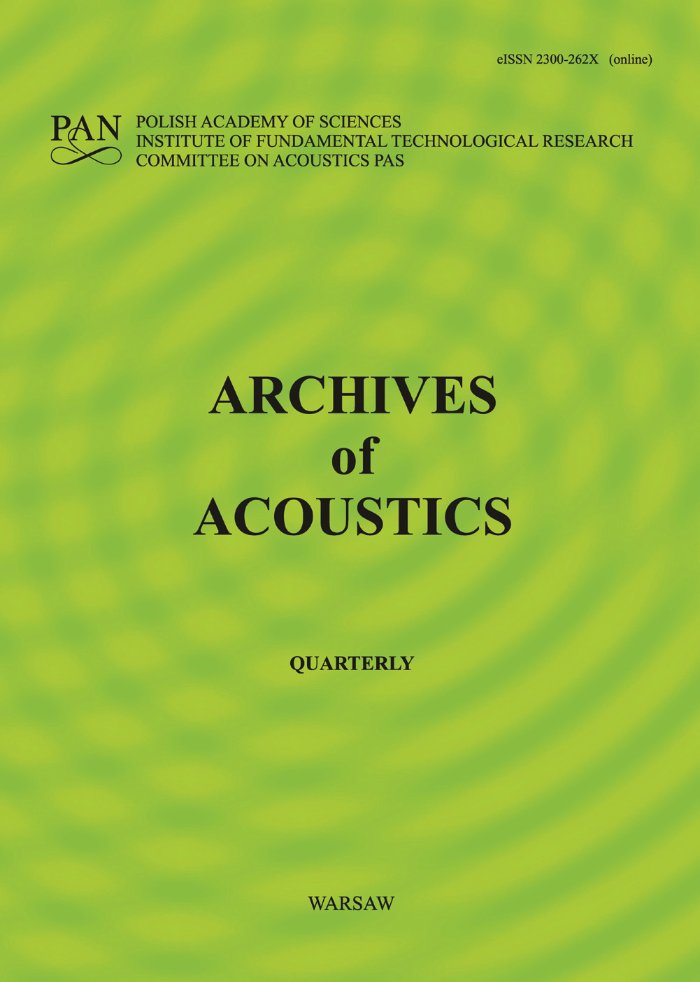Abstract
Three musicians not possessing absolute pitch repeated vocally five standard tones played on the guitar. The repetition was completed over various periods of delay ranging from 10 seconds to 6 minutes. Periods of delay were: a) silent, b) filled with cognitive activity (counting backward in threes) or c) filled with interfering tonal stimuli (an endless, ascending chromatic scale). The frequencies of tones sung by the subjects were measured and compared to those of standard tones. Standard deviations of the sets of frequency differences were taken as measures of the inaccuracy of pitch memory trace. The obtained "forgetting curves" show that at concentrated attention subjects could retain the memory for pitch of a standard with accuracy better than a quartertone for three minutes. With cognitive interference the same was possible for two minutes, and with tonal interference for thirty seconds. Conclusions may be drawn concerning the hypothetical time constant for short-term auditory memory.References
[1] R.G. CROWDER, J. MORTON, Precategorical acoustic storage (PAS ), Perception and Psychophysics, 5, 365-373 (1969).
[2] D. DEUTSCH, The organization of short-term memory for a single acoustic attribute, In: D. Deutsch and J.A. Deutsch (Eds.), Short-Term Memory, Academic Press, New York-San Francisco-London 1975, pp. 107-151.
[3] D.O. HEBB, The organisation of behaviour, Wiley, New York (1948).
[2] D. DEUTSCH, The organization of short-term memory for a single acoustic attribute, In: D. Deutsch and J.A. Deutsch (Eds.), Short-Term Memory, Academic Press, New York-San Francisco-London 1975, pp. 107-151.
[3] D.O. HEBB, The organisation of behaviour, Wiley, New York (1948).


